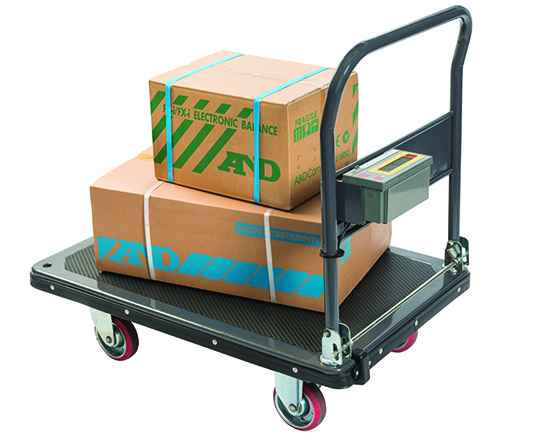In a world where efficiency and accuracy are paramount, portable scales have become indispensable tools across various industries and daily tasks. From measuring ingredients in a kitchen to weighing luggage at an airport, portable scales offer convenience, precision, and versatility.
1. Types of Portable Scales
Portable scales come in various types, each designed for specific purposes. Here are some common types:
a. Digital Pocket Scales: These compact scales are small enough to fit in a pocket. They are commonly used for weighing small items such as jewelry, coins, or medication doses.
b. Luggage Scales: Designed for travelers,luggage scales help avoid overweight baggage fees by accurately measuring the weight of suitcases and bags before heading to the airport.
c. Kitchen Scales: Essential for precise cooking and baking, kitchen scales ensure accurate measurements of ingredients, leading to better culinary outcomes.
d. Industrial Scales: Used inwarehouses, factories, and laboratories, portable industrial scales handle heavier loads and are crucial for inventory management and quality control.
2. Benefits of Portable Scales
a. Accuracy: Portable scales are known for their precision, providing accurate measurements that are essential in various industries such as food, medicine, and manufacturing.
b. Convenience: Their compact size and lightweight design make portable scales easy to carry and use anywhere, whether in a kitchen, on a fishing trip, or at a production facility.
c. Time-Saving: By streamlining weighing processes, portable scales save time and improve
efficiency, allowing users to focus on other tasks without compromising accuracy.
d. Cost-Effective: Investing in a portable scale can lead to cost savings by avoiding errors in
measurements, preventing overfilling or underfilling, and reducing the risk of fines or fees related to incorrect weights.
e. Versatility: With different types and models available, portable scales cater to a wide range of
needs, from measuring tiny amounts of ingredients to weighing heavy objects in industrial settings.
3. Applications of Portable Scales
Portable scales find applications in numerous industries and everyday scenarios:
a. Culinary Arts: Chefs and home cooks relyon kitchen scales to measure ingredients accurately, ensuring recipes turn out as intended with precise flavors and textures.
b. Health and Fitness: Portable scales help individuals monitor their weight loss or gain progress, track food portions, and manage nutritional in take for a healthier lifestyle.
c. Travel: Luggage scales prevent over packing and overweight baggage fees, allowing travelers to pack efficiently and avoid surprises at check-in counters.
d. Retail: From farmers’ markets to small shops, portable scales facilitate quick and accurate weighing of products for sale, enhancing customer satisfaction and business efficiency.
e. Industrial and Commercial Use: In warehouses, factories, and laboratories, portable industrial scales play a crucial role in inventory management, quality control, and shipping processes.
4. Choosing the Right Portable Scale
When selecting a portable scale, consider the following factors:
a. Capacity: Choose a scale with the capacity to handle the weights you typically need to measure, ensuring it can accommodate your specific requirements.
b. Accuracy: Look for scales with high precision and calibration features to ensure accurate measurements, especially for tasks that demand precise readings.
c. Portability: Opt for a scale that is lightweight, compact, and easy to transport, particularly if you need to use it in multiple locations or while traveling.
d. BatteryLife: Check the battery life of the scale, especially for models that rely on batteries for operation, to avoid interruptions during use.
e. Additional Features: Consider scales with extra features such as tare function, unit conversion, and backlit displays for added convenience and usability.
5. Maintenance and Care
To prolong the life and accuracy of your portable scale, follow these maintenance tips:
a. Clean Regularly: Wipe the scale with a soft,damp cloth after each use to remove debris and prevent buildup that can affect accuracy.
b. Handle with Care: Avoid dropping or mishandling the scale, as it can damage internal components and calibration.
c. Calibrate as Needed: If your scale offers calibration options, follow the manufacturer’s guidelines to ensure accurate measurements over time.
d. Store Properly: Store the scale in a clean,dry place away from extreme temperatures and humidity to prevent damage.
Conclusion
Portable scales have become indispensable tools in various industries and everyday tasks, offering accuracy, convenience, and versatility. Whether you’re a chef in need of precise measurements, a traveler avoiding baggage fees, or a manufacturer optimizing processes, portable scales play a crucial role in enhancing efficiency and accuracy. By understanding the different types, benefits, applications, and maintenance tips for portable scales, you can choose the right tool for your needs and make weighing tasks simpler, faster, and more accurate.

